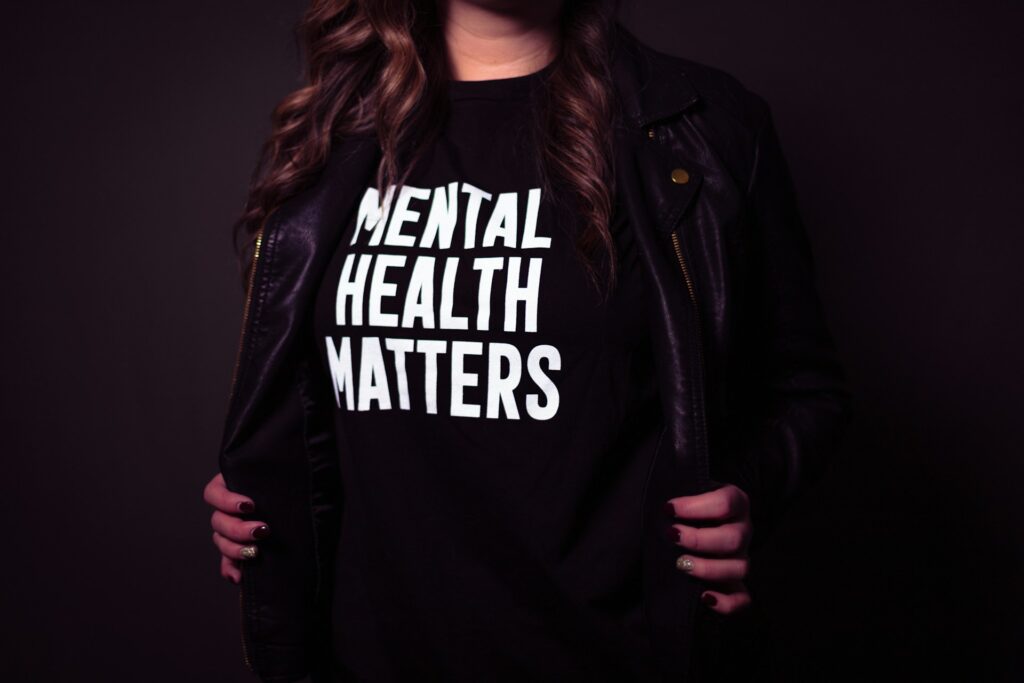
It’s no secret that exercise can improve physical health, but what exactly does it do for mental health? How does exercise help to create mental well-being, and what specific problems can it help treat?
How does exercise help improve mental health?
Beneficial physiological changes of exercise include improved sleep, the release and improved metabolism of chemicals—such as serotonin and endorphins—in the brain and central nervous system, and physical changes to the brain. Exercise increases brain volume and blood flow, which improves neural functioning.
The psychological impacts of exercise include heightened self-esteem, the interruption of negative thoughts, and an increase in healthy social contact. Together, these changes (paired with improvements to physical health) can vastly improve overall quality of life.
What mental illnesses benefit from exercise?
- Regular exercise significantly reduces the symptoms of mild to moderate depression.
- Exercise can prevent the onset or recurrence of depression.
- Exercise can help counteract the weight gain caused by antidepressant medications.
- Regular exercise significantly reduces the symptoms of anxiety.
- Exercise can act as a healthy form of exposure to the physical symptoms of panic attacks, such as increased heart rate and sweating. Exposure can help clients become more familiar and comfortable with the sensations that were formerly perceived as dangerous or scary.
Substance Abuse
- Regular exercise can reduce the frequency and intensity of drug cravings.
- Clients who begin exercising are less vulnerable to relapse.
- Some studies have found lower rates of first-time drug use in youth involved with exercise programs.
- Exercise provides a healthy replacement activity for time previously occupied by drug use.
Other Benefits
- Improved sleep
- Slowed progression of Alzheimer’s disease
- Stress relief
- Improved mood
- Increased energy
- Slowed cognitive decline associated with aging
- Better physical health and fitness
Types of Exercise
Both anaerobic and aerobic exercises have been found to improve mental health, but a combination of the two is most effective. Anaerobic exercise involves short bursts of intense activities (e.g. weightlifting, sprinting, interval training). These exercises are performed using energy stored within muscles. Aerobic exercises are lower intensity (e.g. walking, elliptical, dancing), but can be maintained for a longer duration. They rely on the energy generated from oxygen intake.
The mental health benefits of exercise are greater when workouts are more intense and more frequent. However, a person can benefit from as little as 30 minutes of walking, 3 days a week.
Starting an exercise plan can be very difficult. Common barriers include:
- Uncertain about how to exercise.
- Not enough time to exercise.
- Feel embarrassed about exercising.
- Lack the motivation to exercise.
- Forget to exercise due to lack of routine.
Let’s address each of the barriers listed above.
1. Not Sure How to Start?
You don’t need to be a fitness guru! Even a simple 30-minute walk, three times a week, can do wonders for your mental health.
2. No Time for Exercise?
It’s about priorities. Ask yourself if there’s really no time or if other things are taking precedence. You can sneak in exercise with small changes like taking the stairs or parking farther away.
3. Feeling Embarrassed?
Gyms can be intimidating, but you don’t have to go there. Create a plan that suits you, like outdoor activities or integrating exercise into your daily routine.
4. Lacking Motivation?
Find exercises you enjoy! Whether it’s a nature walk, biking, or playing a sport, pick something that brings you joy.
5. Forgetful About Exercise?
Set reminders and make exercise a part of your daily schedule. A simple alarm or sticky notes can help you stay on track.
Remember, every step counts! Whether it’s a stroll in the park or a dance session in your living room, moving your body can work wonders for your mind.
💙 Robyn
Interested in a one-on-one health coaching relationship with me? It would be an honor to work with you if and when the time feels right.
To learn more about Personal Health Coaching click HERE.
To schedule a Discovery Session click HERE